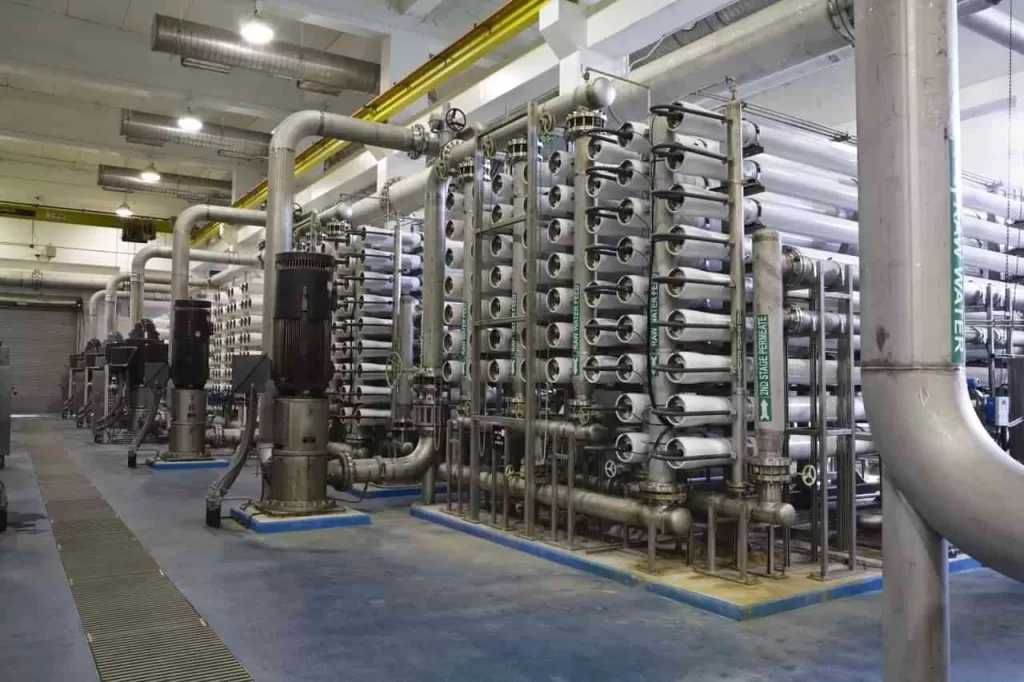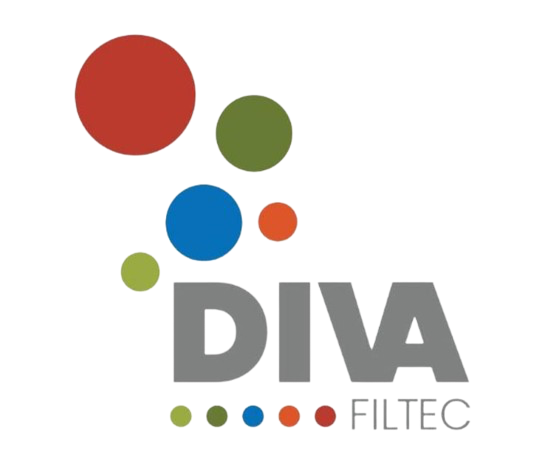Understanding Biofilm Formation and the Role of RUSONIC
In the pharmaceutical industry and purified water pipelines, biofilms pose a formidable obstacle. These slimy layers adhere to surfaces in contact with fluids, including pipelines and tanks, housing resilient microorganisms resistant to conventional disinfection methods. This persistence results in fouling, compromised hygiene standards, and decreased production efficiency, all of which incur financial losses.
Traditional microbial control methods often fall short in eliminating biofilm due to its protective barrier against disinfectants, especially in confined spaces. Here are some common problems associated with biofilm:

Resistance to Disinfection
Chemicals and disinfectants struggle to penetrate the dense biofilm matrix, rendering them ineffective against the majority of bacteria residing within it.
Loss of Production Efficiency
Detached biofilm cells can contaminate production processes, leading to decreased efficiency and product quality.
Reduced Heat Transfer and Flow
Biofilm accumulation in heat exchangers impedes heat transfer efficiency and decreases flow rates.
Filter Membrane Blockage
Biofilm buildup on filter membranes can block pores, reducing filtration efficiency.
Corrosion and Disease
Biofilm-related bacteria like SRB (Sulfate-Reducing Bacteria) can cause corrosion, while pathogens like Legionella pose health risks in drinking water systems.
Fouling in Marine Environments
In seawater, biofilm leads to biofouling on ship hulls and cooling systems, attracting barnacles, mussels, algae, and other organisms, as well as scale and rust buildup.

To address these challenges, innovative technologies like RUSONIC ultrasonication offer a preventative approach to biofilm management. RUSONIC utilizes ultrasound combined with High-Power HS technology to prevent biofilm formation in an eco-friendly manner.
How RUSONIC Ultrasonication Works
Transducer Technology
The transducer, akin to a speaker with an amplifier, emits frequency waves, which humans cannot hear. These waves penetrate the material to be treated.
Resonance Effect
The emitted sound waves resonate with the material, amplifying the effect through RUSONIC technology. This resonance disrupts the biofilm structure and affects single-cell organisms within it.
Biofilm Disruption
The intensified sound waves make it difficult for free-floating bacteria to adhere to surfaces, causing them to be flushed out. Single-cell organisms are ruptured due to the high frequency, eliminating them from the environment.
Harmlessness of RUSONIC
RUSONICS is safe and harmless, devoid of radiation, and widely used in medical applications like monitoring pregnant women and their unborn children.
RUSONIC offers a promising solution to combat biofilm formation and its associated challenges across various industries. By leveraging this technology, businesses can enhance operational efficiency, maintain product quality, and ensure the health and safety of their processes and environments.
Diva Filtec is an engineering company specializing in diverse process improvement technologies for various industries.
Contact
Industry
Quick Links
- Director's Desk
- Trademark Details
- Career
© 2024 Diva Filtec Pvt Ltd. All Rights Reserved.

